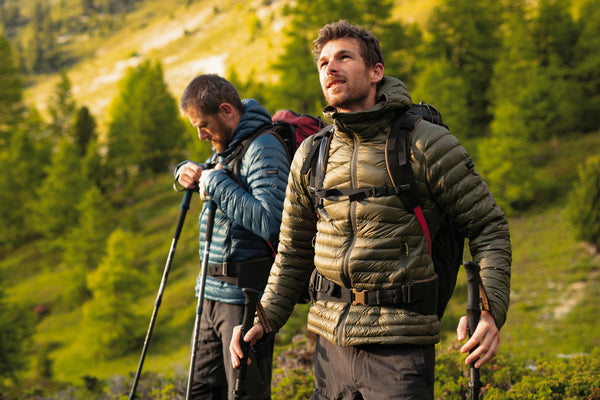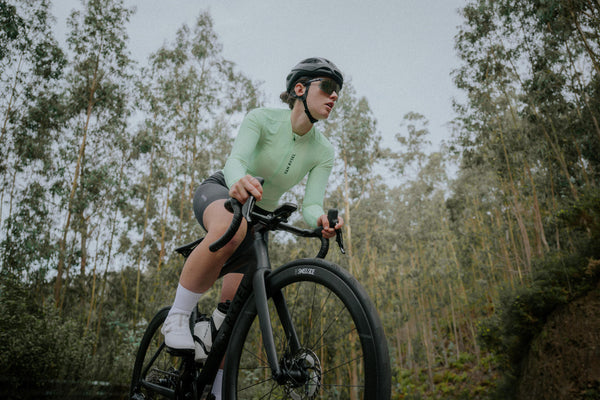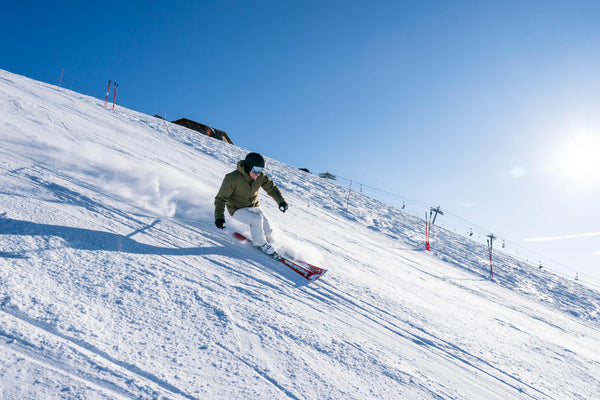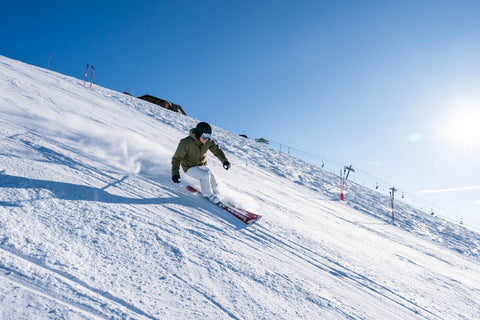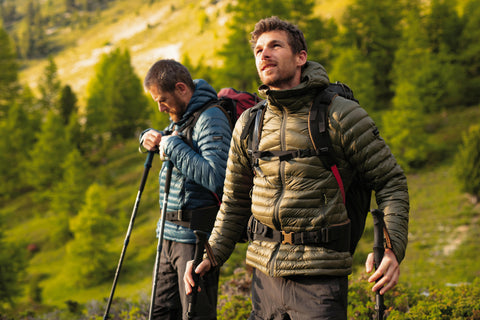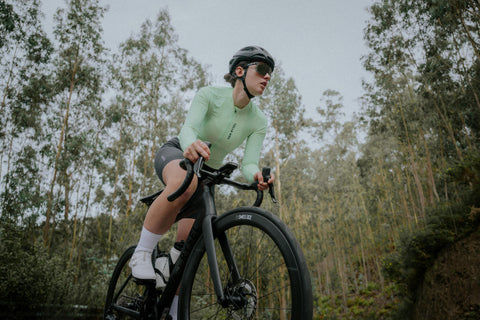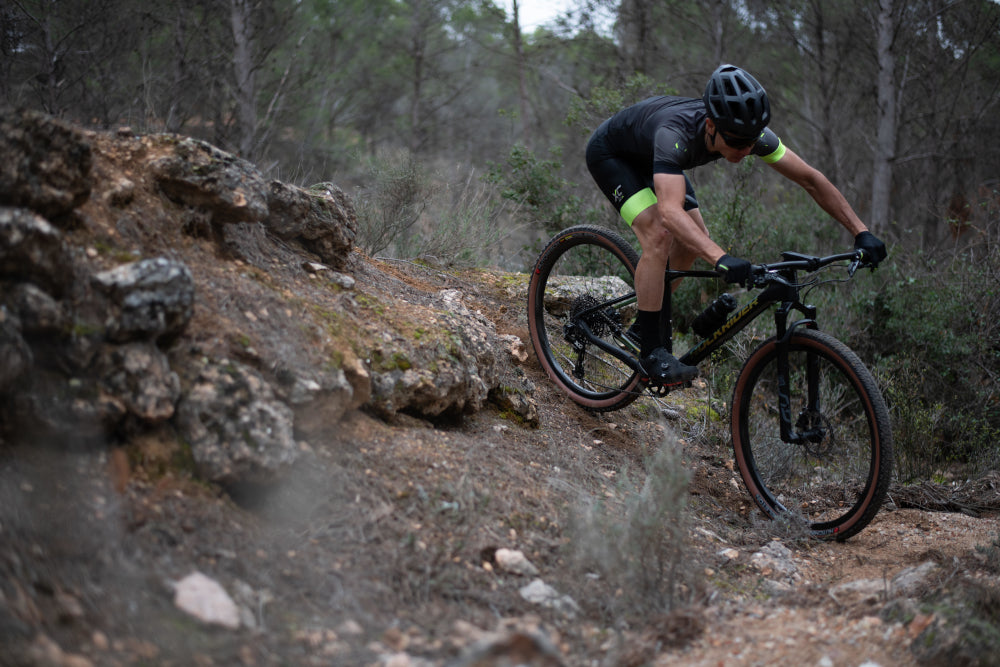
How to Choose the Best Mountain Bike
Share
1. Length of your rides
The amount of time you spend on the saddle is a key factor when choosing your mountain bike.
If your rides aren't very steep and are on easy ground without too many obstacles, you want a bike with:
-
An 80 mm suspension fork, for comfort and safety,
-
Knobby tires, for more grip,
-
Gears, for adapting to steeper grades and tackling both climbs and descents
On trickier terrain, go for a bike with:
-
An aluminum frame with variable thicknesses or a carbon frame to optimize the bike's weight and rigidity and, therefore, performance
-
Air suspension, to improve shock absorption and for more accurate adjustment
-
A single chain ring system for faster and more effective gear shifts.
On winding, rolling terrain, your bike will need:
-
Disc brakes that are effective in all weather conditions,
-
Suspension with an 80 to 100 mm travel.
2. Height difference
Cross-Country or All Mountain?
Two disciplines with very different needs.
Cross-country requires intense effort to cover rolling, steep trails. The frame geometry, suspension and materials make XC mountain bikes light, responsive, precise, and optimized for improving your time during a race or marathon (XC ride of more than 80 km).
The aim of an All Mountain bike is to climb and descend anywhere, tiring yourself out on the uphills and enjoying an adrenaline rush on the downhills.
If comfort and an enjoyable ride are more important to you than performance, opt for a bike with front AND rear suspension.
XC (cross-country), All Mountain, DH (downhill or descent) Mountain bikes come in all shapes and sizes to suit the different disciplines. You should choose your mountain bike based on how long your rides are and the type of slopes you are tackling.

